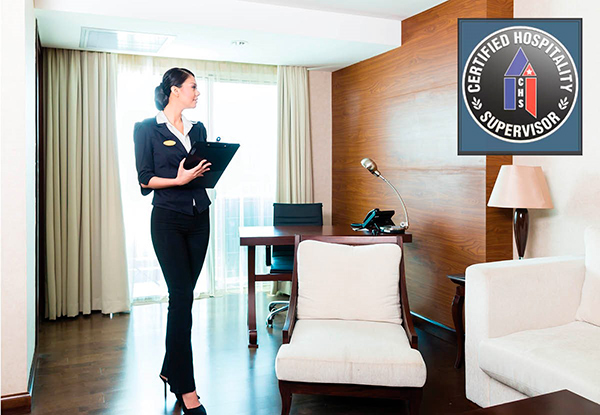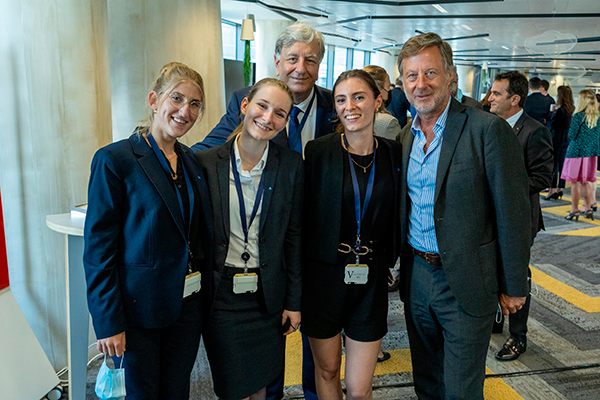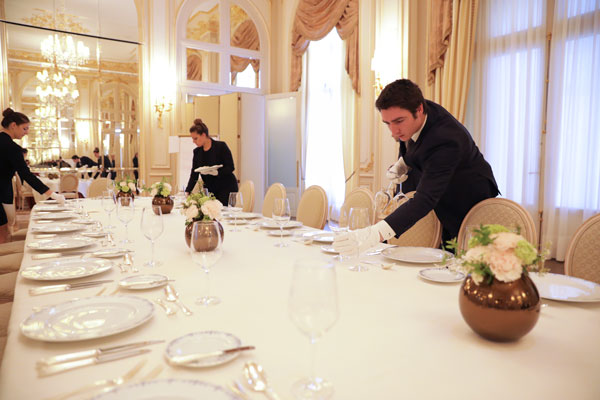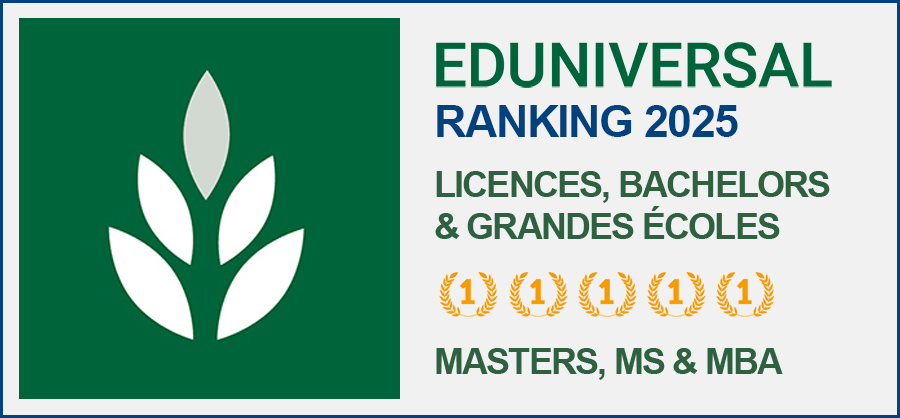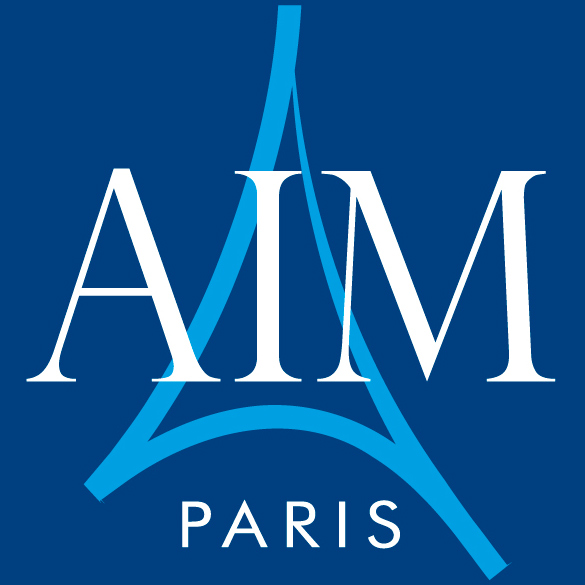Bachelor of Arts program
1-year course in Hotel and Tourism Management (Program entirely in English)
Prerequisite : Diplomas, degrees (2-year Associate’s degrees, foundation degree, ….) in any discipline.
Language of instruction : English
Duration of the program : 1 year
Start date : Monday, September 29, 2025
Application Deadline : Monday, June 30, 2025, depending on availability
State Quality Certified Program
French State recognition leading to AIM’s Bachelor degrees.
Holders are officially entitled by this recognition as:
Manager en hôtellerie internationale de luxe (RNCP-Niv. 6).
In other terms: Manager for International Luxury Hotels.
State approved renewal process of recognition: June 28, 2024.
The AIM Bachelor of Arts in Hotel and Tourism Management permits the student who already holds a 2-year Associate’s degree to enroll in the school and complete the Bachelor program, normally a 3-year course, in one year.
The student may then, if desired, continue on into the 2nd year of the MSc program to complete the training.
This intense and fast-moving year enables students not only to acquire indispensable skills for their future careers but also guarantees employers a high level of expertise and experience that AIM has championed since its inception.
The simulation of real-life situations, role plays and experiences shared by teachers, graduates of leading schools and trained in prestigious establishments (Marriott, Concorde, Four Seasons, Hyatt…), guarantee our students an education which will be useful not only for successfully evolving within a company but right throughout their careers.
Organization of Bachelor of Arts studies over 1 year
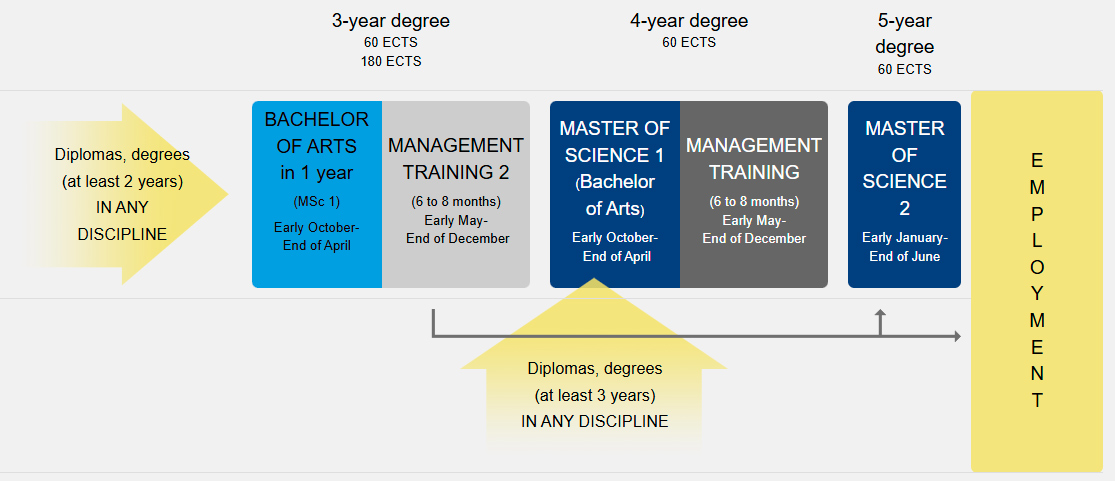
Academic calendar
One year of intensive, specialized higher education to train tomorrow’s operational managers for high-level positions in the luxury hospitality and high-end tourism sector. After the first semester, students have the opportunity to put into practice what they have learned in operational or management internships undertaken in hotels in France or abroad.
Bachelor of Arts
| Oct. | Nov. | Dec. | Jan. | Feb. | Mar. | Apr. | May | Jun. | Jul. | Aug. | Sep. | Oct. | Nov. | Dec. |
| COURSE | MANAGEMENT TRAINING * |
Christmas holidays : 2 weeks in accordance with the Academy of Paris calendar
Winter holidays : 2 weeks in accordance with the Academy of Paris calendar
*Management training : 6 months in France, up to 8 months outside France
Students’ schedules should permit paid work to be carried out up to a limit of 20 hours / week.
Courses with professional certification
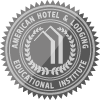
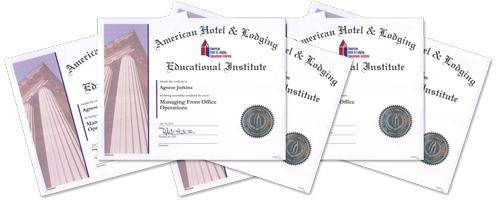
Bachelor of Arts
The subject options and course structure facilitate the development of an ability to analyze and summarize key attributes when learning how to make decisions in an ever-changing and complex environment.
Areas of expertise
with professional certifications
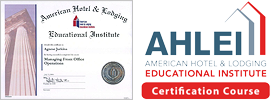
N.B. : The organization of certain management courses may be modified depending on the schedule of certain visiting professors.
Team Work
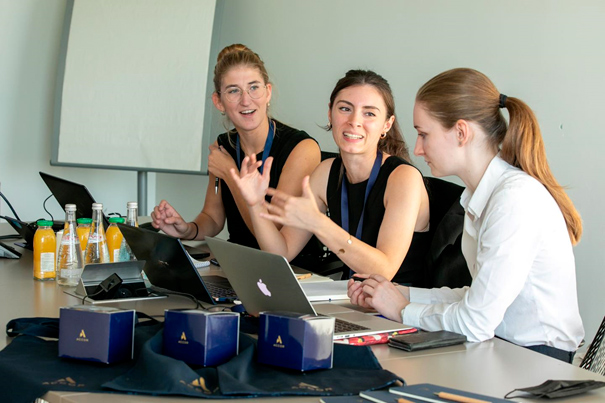
Teamwork for real projects, with rigorous planning requiring in-depth knowledge, all provided during the program.
A solid international career
Language Lab
Thanks to the free membership to the CIUP Library provided by AIM, students have the opportunity to develop their skills in a foreign language of their choice from a catalog of more than 26 languages.
Language acquisition and development for 26 foreign languages
Located on the campus of the Cité Internationale Universitaire of Paris, the Espace Langues welcomes AIM students from Monday to Friday and provides excellent facilities for the acquisition of foreign languages with general conversation, business communication, grammar, written and oral expression and understanding, pronunciation and advanced levels.
The Languages Area provides instruction in :
French
English
Spanish
Italian
Portuguese
Turkish
Arabic
Hebrew
Chinese
Farsi
Urdu
Dutch
Japanese
Korean
Armenian
Hindi
Russian
Greek

Professional certifications
AIM benefits from a partnership with the AHLEI to provide certification that AIM’s courses meet the highest international standards in higher education.
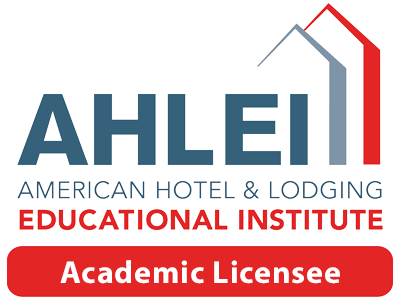
Professional Certifications
In International Hospitality Management
These internationally recognized professional certifications are accessible to all our students during their studies.
Particularly intended for professionals wishing to broaden their skills, they enable our students to accelerate access to jobs at international level depending on their profile.
An exclusive partnership in France between AIM and the American Hotel and Lodging Educational Institute (AHLEI).
The AHLEI is internationally recognized for its consultancy services and implementation of the best management tools in major international hotel chains.
To cite just one, the Uniform System of Accounts for Hotels, an accounting system for the hotel industry that it designed and published, is used by all major establishments, both in France and internationally.
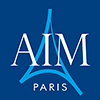

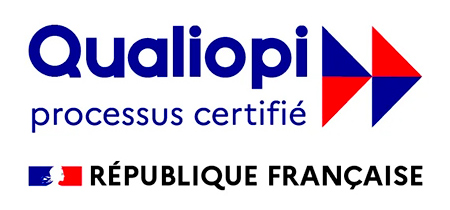
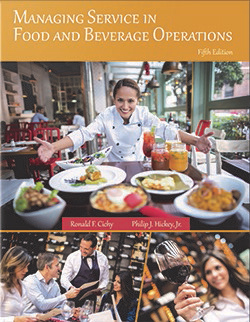
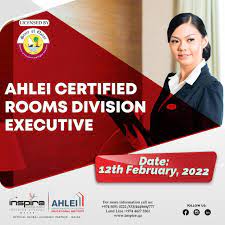
 This course is designed to provide students with a solid background in hospitality sales and marketing. The main focus is on practical sales techniques for selling to targeted markets.
This course is designed to provide students with a solid background in hospitality sales and marketing. The main focus is on practical sales techniques for selling to targeted markets.